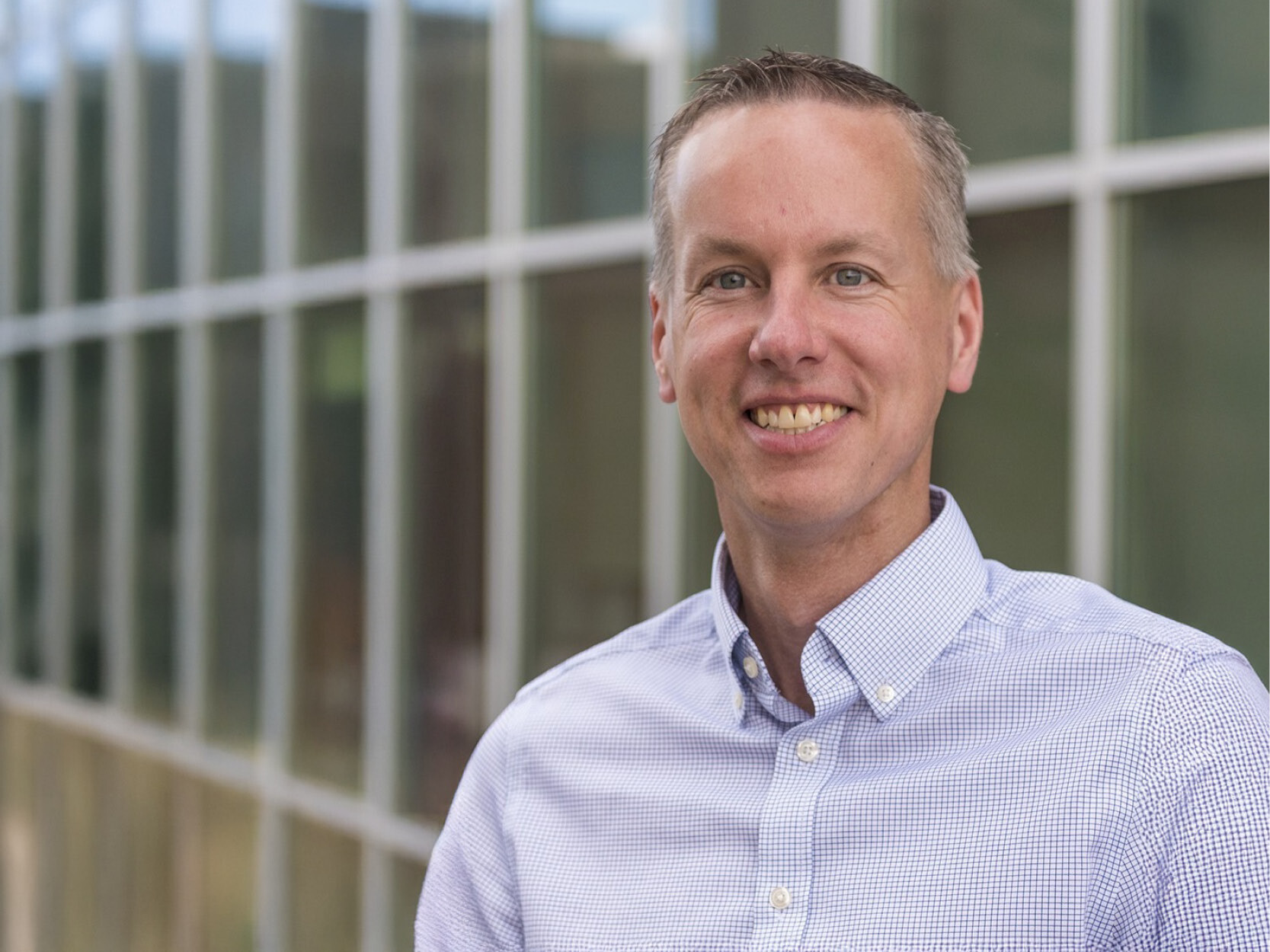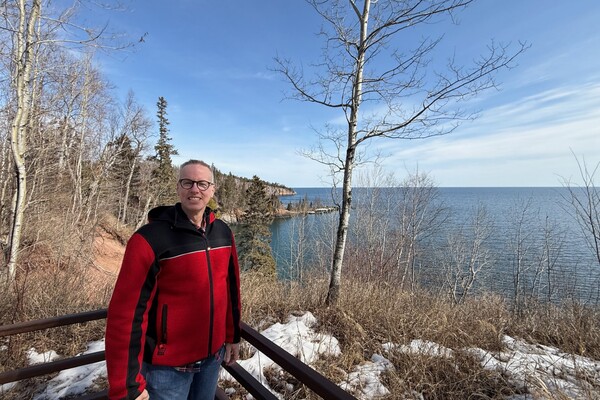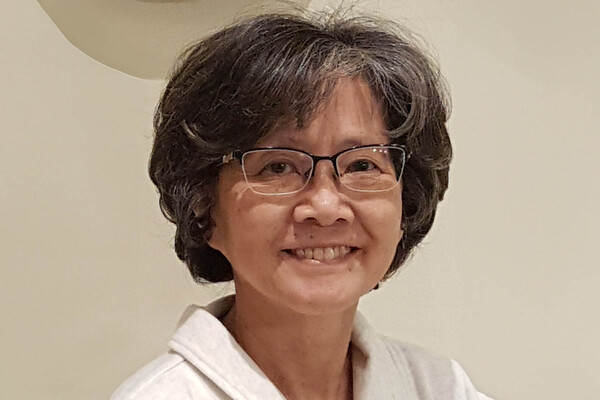Main Second Level Navigation
Jul 7, 2025
Community and connection
Alumni Profile, Alumni, Giving
Jason Shack on 25 years in northern medicine and the importance of giving back

Jason Shack has worked as a family medicine practitioner in rural and remote communities throughout northern Canada. He is also the Assistant Dean of Learner Affairs at the Northern Ontario School of Medicine University.



